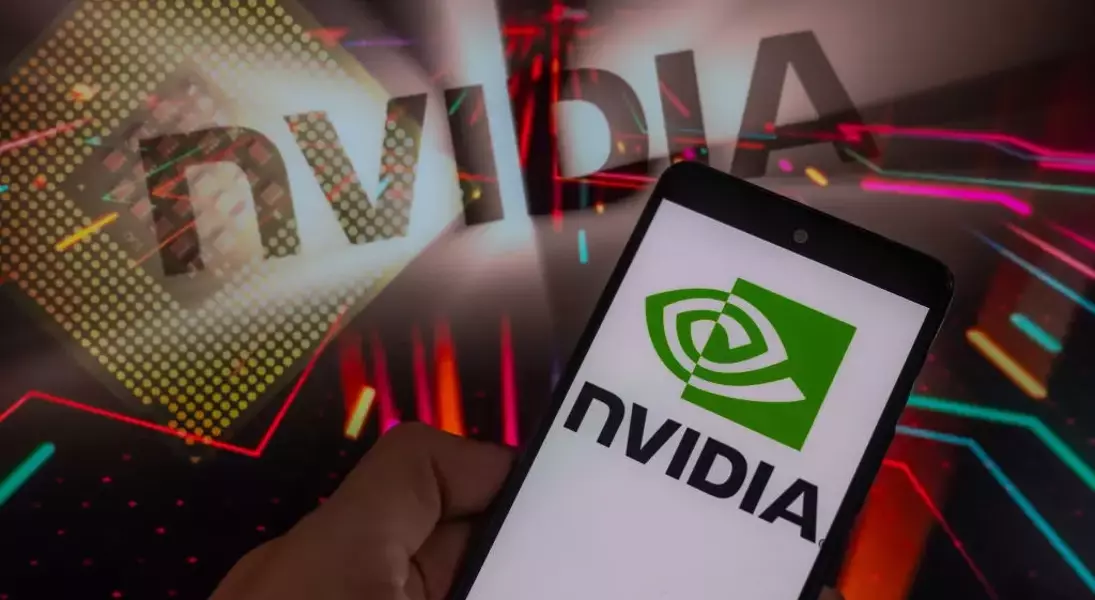
In a significant move to bolster enterprise confidence in artificial intelligence, Nvidia has introduced three innovative microservices designed to enhance control and safety for AI applications. These new services aim to address critical concerns surrounding content safety, conversation management, and security vulnerabilities. By integrating these specialized tools into their existing NeMo Guardrails platform, Nvidia seeks to bridge the gap between rapid technological advancement and cautious corporate adoption. This development reflects growing awareness within the industry that securing trust from enterprises requires more than just cutting-edge technology; it demands robust safeguards and tailored solutions.
Enhancing AI Security with Specialized Microservices
In the ever-evolving landscape of artificial intelligence, Nvidia has taken a proactive step by unveiling three advanced microservices aimed at fortifying AI systems used by businesses. The first service focuses on ensuring content integrity by preventing harmful or biased outputs, thereby promoting responsible AI usage. The second service keeps interactions within predefined boundaries, maintaining focus on approved topics only. Lastly, the third service acts as a digital safeguard against unauthorized modifications, protecting AI agents from potential jailbreak attempts.
These enhancements are part of Nvidia's broader NeMo Guardrails initiative, an open-source toolkit designed to empower developers with the means to secure complex AI workflows. By deploying multiple lightweight models as protective measures, developers can address specific vulnerabilities that might be overlooked by generic policies. This targeted approach is intended to provide enterprises with greater peace of mind when integrating AI technologies into their operations.
The timing of this release coincides with a period of heightened scrutiny over AI adoption rates. Recent studies suggest that while interest in AI agents is growing, actual implementation remains cautious. Deloitte predicts that by 2027, approximately half of all enterprises will be utilizing AI agents, indicating a gradual but steady increase in adoption. Nvidia's latest offerings aim to accelerate this process by making AI integration feel less experimental and more secure.
From a journalistic perspective, Nvidia's introduction of these specialized microservices underscores the evolving relationship between innovation and practical application in the AI sector. As companies like Nvidia refine their approaches to meet enterprise needs, it becomes increasingly clear that the future of AI lies not just in groundbreaking discoveries but also in building trust through reliable and secure solutions. This shift toward prioritizing safety and control could well be the key to unlocking broader acceptance of AI across industries.
